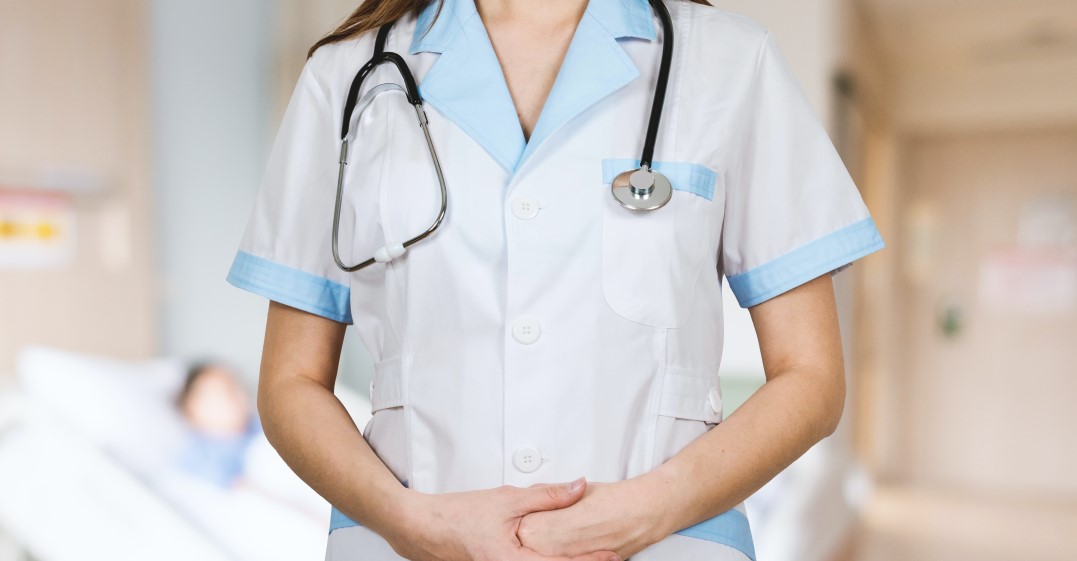Talking about a health emergency in German
Published on January 1, 2021 / Updated on January 8, 2024
I’ll never forget the time I was faced with a health emergency abroad. It was a crazy, stressful moment – and language learning came in handy. Would you be ready to help yourself or someone else in German? Let’s review some key expressions.
If you ever find yourself – or someone else – in a situation of medical emergency, you’re likely to be asked for der Reisepass (passport) or der Personalausweis/der Ausweis (identification card). If you’ve been living in Germany for some time, you might be requested to show your Krankenversicherungskarte (health insurance card). If you happen to call someone for help, make sure to introduce yourself (Ich heiße…) and explain your current location (Ich bin in…).
If faced with a health emergency, you can always call 112 (in Germany). But there are a few keywords you’ll want to know!
der Krankenwagen – the ambulance
der Arzt – the doctor
die Apotheke – the pharmacy
das Krankenhaus – the hospital
die Botschaft – the embassy / das Konsulat – the consulate
die Polizei – the police
die Medizin – the medicine
Asking for help in German – um Hilfe bitten
There are different ways to ask for help in German. Because the German language doesn’t establish a difference between singular or plural in formal contexts, all of these basic expressions can be used to talk to one person or to a group:
Hilfe! – “Help!”
Ich brauche Hilfe! – “I need help!”
Können Sie mir helfen? – “Can you help me?”
Bitten Sie um Hilfe! – “Ask for help!”
Rufen Sie einen Krankenwagen! – “Call an ambulance!”
How to negotiate your salary in Germany
So you find yourself in a health emergency. How can you express what you’re going through? Below are some phrases that could come in handy (but we hope they won’t be needed!):
Es gab einen Unfall! – “There was an accident!”
Es ist dringend. – “It’s urgent.”
Ich brauche einen Krankenwagen. – “I need an ambulance.”
Mir ist schlecht. – “I feel bad/sick.”
Meine Blutgruppe ist… – “My blood type is…”
Ich habe Diabetes. – “I have diabetes.”
Ich bin allergisch gegen…- “I’m allergic to…”
Ich habe Fieber. – “I have a fever.”
Ich habe mich geschnitten! – “I got a cut!” – literally “I cut myself!”
Ich habe mich verbrannt! – “I got burnt!” – literally “I burnt myself!”
Ich glaube, ich habe mir … gebrochen. – “I think I broke my…” – for example, “Ich glaube, ich habe mir den Arm gebrochen.” – “I think I broke my arm.”
Ich kann nicht… – “I can’t…” – for example, “Ich kann nicht sehen!” – “I can’t see!”
Ich habe Schwierigkeiten beim Atmen. – “I’m having trouble breathing.”
Ich habe Schmerzen. – “I’m in pain.”
Guide to being sick in a foreign country
What if you want to support a stranger by helping them stay calm in a medical emergency? First, you need to know more about the person’s situation and how they got there:
Geht es Ihnen gut? – “Are you ok?”
Können Sie mir sagen, was passiert ist? – “Can you tell me what happened?”
Wann ist es passiert? – “When did it happen?”
Ist es das erste Mal, dass Ihnen das passiert ist? – “Is it the first time that it happens to you?”
Sind Sie verletzt? (talking to one person, formal – “Are you wounded?”
Sind Sie schwanger? – “Are you pregnant?”
Können Sie mich sehen/hören? – “Can you see me/hear me?”
Können Sie sich bewegen? – “Can you move?”
Wo tut es weh? – “Where does it hurt?”
Sind Sie gegen irgendetwas allergisch? – “Are you allergic to anything?”
You can also help them by saying…
Ich werde einen Krankenwagen rufen. – “I’m going to call an ambulance.”
Die Rettungssanitäter sind auf dem Weg. / Die Rettungssanitäter kommen gleich. – “The paramedics are on their way. / The paramedics are coming.”
Bitte bewegen Sie sich nicht. – “Please, don’t move.”
How to get private health insurance in Germany
“How would I ever be able to act in an emergency situation without speaking fluent German?”, you ask. But you know what? If your German level is somewhere between an A2 and a B1 (upper beginner to lower intermediate), you’d be surprised at how much you can understand, so don’t give up just yet! We can always help you brush up on your German and build up some confidence before your trip. Let’s do this?
